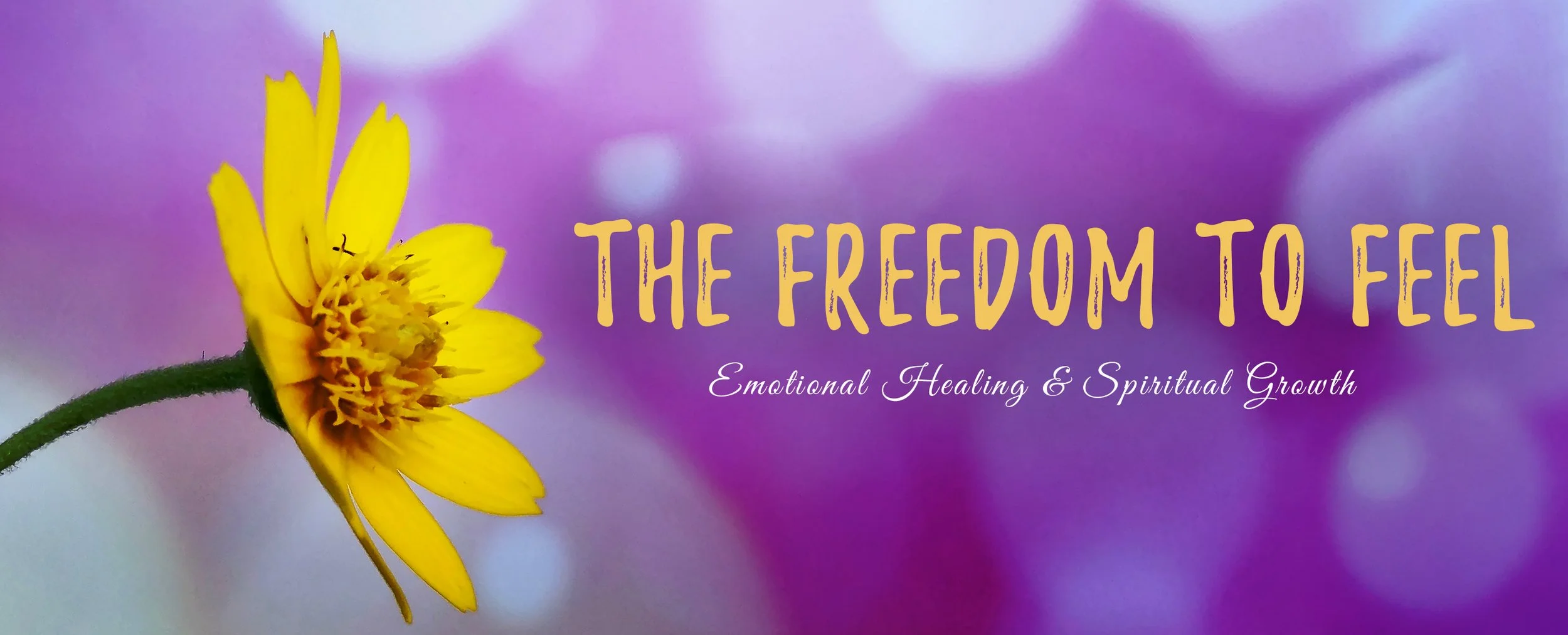Trauma affects, or almost “infects” relationships. The partners of individuals with unresolved trauma bear burdens that can be both practical and personal.
Practical Burdens
The lives of partners of trauma-affected individuals are burdened in practical ways because they must often fill in for their loved-one who is in some way “not there” to help with the daily demands of life. The spectrum of “not there” can range in severity from mild impairment to highly dysfunctional. Not only is the individual “not there” to help, they can add to the partner’s burdens with their trauma-related demands and needs for care. Trauma-affected individuals can have symptoms (including depression, anxiety, sleep disturbances, sexual dysfunction, mood swings, chronic fatigue, panic attacks, physical pain and disease, See Chapter 1: “Understanding Trauma”) which require care or accommodation. They can also have self-destructive behaviors (addictions, infidelity, risk-seeking activities) which result in negative consequences to the relationship.
Personal Burdens
Partners of trauma-affected individuals are also burdened personally within the relationship. Trauma-sufferers often want to avoid their pain by staying numb, isolating themselves, and refusing to be vulnerable. By limiting the amount of relating or connecting they do with their partners, they reduce the level of intimacy in their relationships, which removes the likelihood of having to feel pain. Partners become a “threat” to the traumatized individual’s sense of safety because they challenge the individual’s carefully constructed defenses against feeling.
The story of Brandon, a veteran of the war in Iraq, illustrates the desire for “numbness” shared by many traumatized individuals:
“But when he was home, the numbness began to wear off. He began to feel the emotional and physical pain of his experiences. Without the tools to successfully confront those feelings and learn to interact with his civilian family and friends, the feelings were completely overwhelming. The symptoms of his trauma were so intense that they were unbearable. Many service members, such as Brandon, feel that the only way to find relief is to be numb again.”
From Chapter 7: “A Note to Veterans and Their Loved Ones”
— Click HERE to speak to highly trained and experienced psychologists online. https://onlinetherapies.com
Self-medication through substance abuse is one way trauma-affected individuals attempt to remain numb, with often devastating effects on their relationships. They often turn to drugs and alcohol, I explain in Chapter 7, “because they want to numb symptoms of trauma. These substances keep the feelings and memories at bay. Their symptoms return when the high wears off, however, and the need to alleviate these symptoms creates an addictive pattern. It isn’t accurate to say that they want to abuse drugs and alcohol. Rather, the issue is that they will do anything to feel ‘normal’ again, or at least, comfortably numb.”
Partners of trauma-affected individuals often feel alone and rejected on some level. They may feel they must always tread lightly in their relationships. They may end up feeling helpless and powerless to make a difference in the lives of their suffering loved ones. Trauma-affected individuals often promote these feelings of powerlessness, because they are committed at all costs to maintaining control and protecting themselves from feeling their pain. Instead of cooperating with their partners by working through their traumas in order to have better relationships, they can actively resist and thwart their partner’s compassionate efforts. This conflictual, combative pattern, if it continues, can destroy trust within the relationship.
By Dr. Peter Bernstein
*** "This article was written and originally published when Peter Bernstein, PhD was a licensed psychotherapist. His practice has evolved and he is currently a life coach, mentor and consultant."






